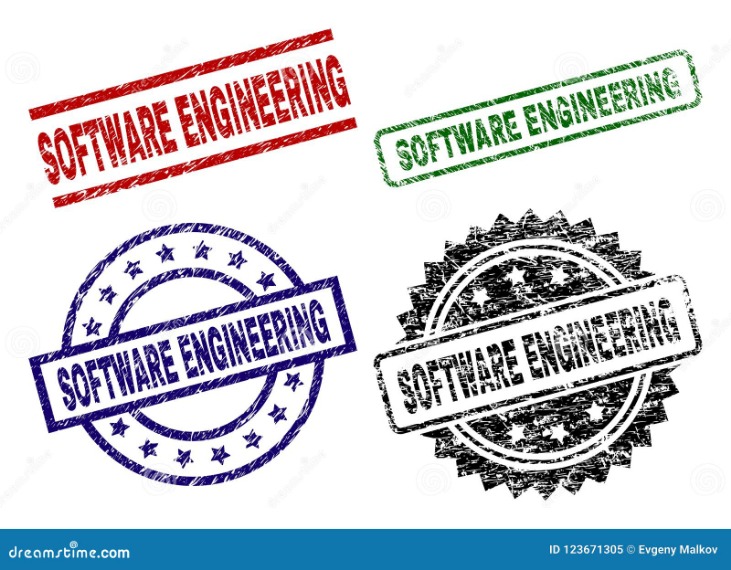Singapore is a prime destination for property investment due to its robust economy and stable political environment. However, for those looking to expand their real estate portfolio, the Additional Buyer’s Stamp Duty (ABSD) can be a significant hurdle. Understanding how to avoid ABSD is essential for optimizing returns on investment.
Understanding ABSD
The ABSD was introduced by the Singapore government to cool down the property market and curb speculative investments. It applies to the purchase of a second property, making it crucial to be aware of strategies for buying a second property without ABSD.
Strategies to Avoiding ABSD in Singapore
Here are some practical strategies to consider:
- Purchase Under a Different Name:
- If you’re married, consider registering the second property under your spouse’s name.
- If the first property is co-owned, one spouse can transfer their share to the other and then buy another property under their own name.
- Setting Up a Trust:
- Establish a trust for your children and purchase the property within that trust.
- Decoupling:
- This involves one spouse transferring their share of the first property to the other, freeing up one name.
- Property Investment Through Companies:
- Create a separate legal entity to purchase the property, thereby sidestepping personal ABSD charges.
Frequently Asked Questions (FAQs)
Q: What exactly is ABSD and how is it calculated?
The ABSD is a tax levied on property purchasers in Singapore. It varies depending on the residency status and the number of properties owned. For example, Singapore citizens pay 12% ABSD on their second property, whereas foreigners pay 20%.
Q: Can Permanent Residents (PRs) avoid ABSD?
PRs face different ABSD rates compared to citizens. They are charged 5% on their first property and 15% on their second. The strategies mentioned above can also help PRs in avoiding ABSD in Singapore.
Read more about How to avoid ABSD here.
Q: Are there any exemptions or rebates available?
There are specific cases where exemptions or rebates apply, such as for married couples. Always consult with a property law expert to navigate these rules effectively.
Conclusion
Identifying ways to avoid ABSD can significantly benefit property investors in Singapore. By applying strategic planning and leveraging available legal structures, it’s possible to expand your real estate investments without incurring heavy additional taxes.



